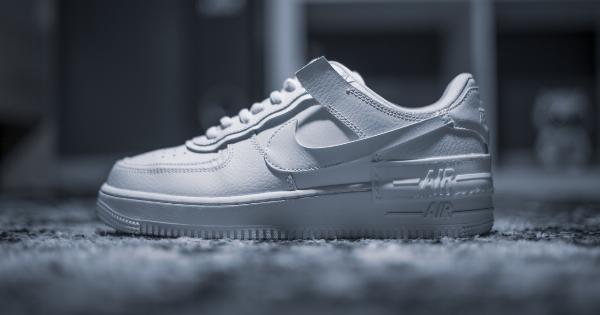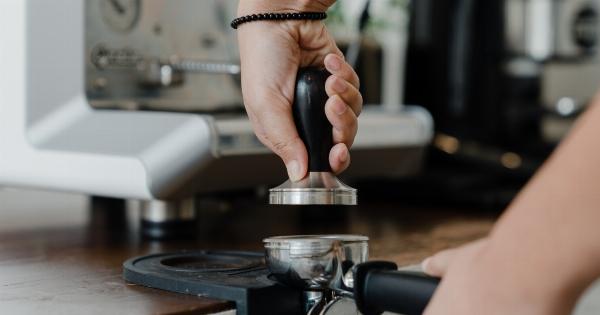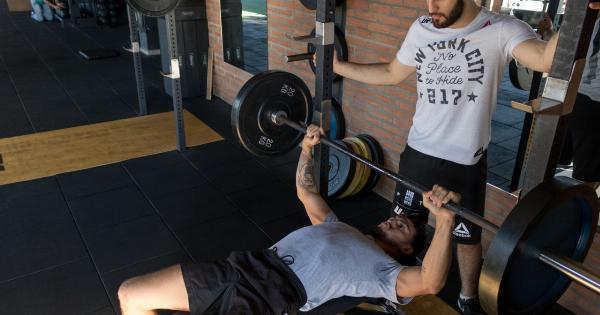If you’re like many people, you start your day with a cup of coffee or tea to help wake you up and give you the energy you need to make it through the morning. But did you know that caffeine can also have a positive impact on your workouts?.
What is Caffeine?
Caffeine is a natural stimulant found in many plants, including coffee beans, tea leaves, and cocoa beans. It’s also added to many soft drinks, energy drinks, and medications.
When you consume caffeine, it stimulates your central nervous system, increasing your heart rate and blood pressure and making you feel more alert and focused.
Caffeine and Athletic Performance
Research has shown that caffeine can have a positive impact on athletic performance, particularly in endurance sports such as running and cycling.
A study published in the International Journal of Sport Nutrition and Exercise Metabolism found that runners who consumed caffeine before a race were able to run faster and further than those who did not consume caffeine.
Another study, published in the Journal of Strength and Conditioning Research, found that cyclists who consumed caffeine before their workouts were able to cycle for a longer period of time and at a higher intensity than those who did not consume caffeine.
Benefits of Caffeine for Your Workout
So, what are the benefits of consuming caffeine before a workout? Here are just a few:.
Increased Energy
One of the most obvious benefits of caffeine is that it gives you an energy boost. This can be especially helpful if you’re feeling sluggish or tired before a workout.
By giving you a quick burst of energy, caffeine can help you power through your workout and perform at your best.
Improved Endurance
Caffeine has been shown to improve endurance performance by decreasing the rate at which your body uses up its glycogen stores, which are your body’s main source of fuel during exercise.
This means that you can exercise for a longer period of time before feeling fatigued.
Increased Focus
Caffeine has also been shown to improve cognitive function and focus, which can be especially helpful during a tough workout. By helping you stay focused on your form and technique, caffeine can help you avoid injury and perform at your best.
Reduced Perceived Effort
One benefit of caffeine that many people don’t realize is that it can make exercise feel easier by reducing your perceived effort. This means that you can perform at a higher intensity without feeling like you’re working as hard.
How Much Caffeine Should You Consume?
While caffeine can be a helpful tool for improving your workouts, it’s important to consume it in moderation. Too much caffeine can lead to jitters, anxiety, and even heart palpitations.
The amount of caffeine that’s right for you depends on a number of factors, including your body weight, tolerance, and sensitivity to caffeine.
As a general rule, most experts recommend consuming no more than 400mg of caffeine per day, which is roughly equivalent to four cups of coffee.
When Should You Consume Caffeine?
Timing is also important when it comes to consuming caffeine for your workouts. Ideally, you should consume caffeine about 30 minutes before exercising to give it time to take effect.
It’s also important to remember that caffeine can interfere with your sleep, so it’s best to avoid consuming caffeine in the evening or late afternoon if you have trouble falling asleep at night.
The Bottom Line
Overall, if you’re looking for a way to improve your athletic performance and get more out of your workouts, consuming caffeine before exercising can be a helpful tool.
By giving you an energy boost, improving your endurance, and helping you stay focused, caffeine can help you perform at your best and reach your fitness goals.





























